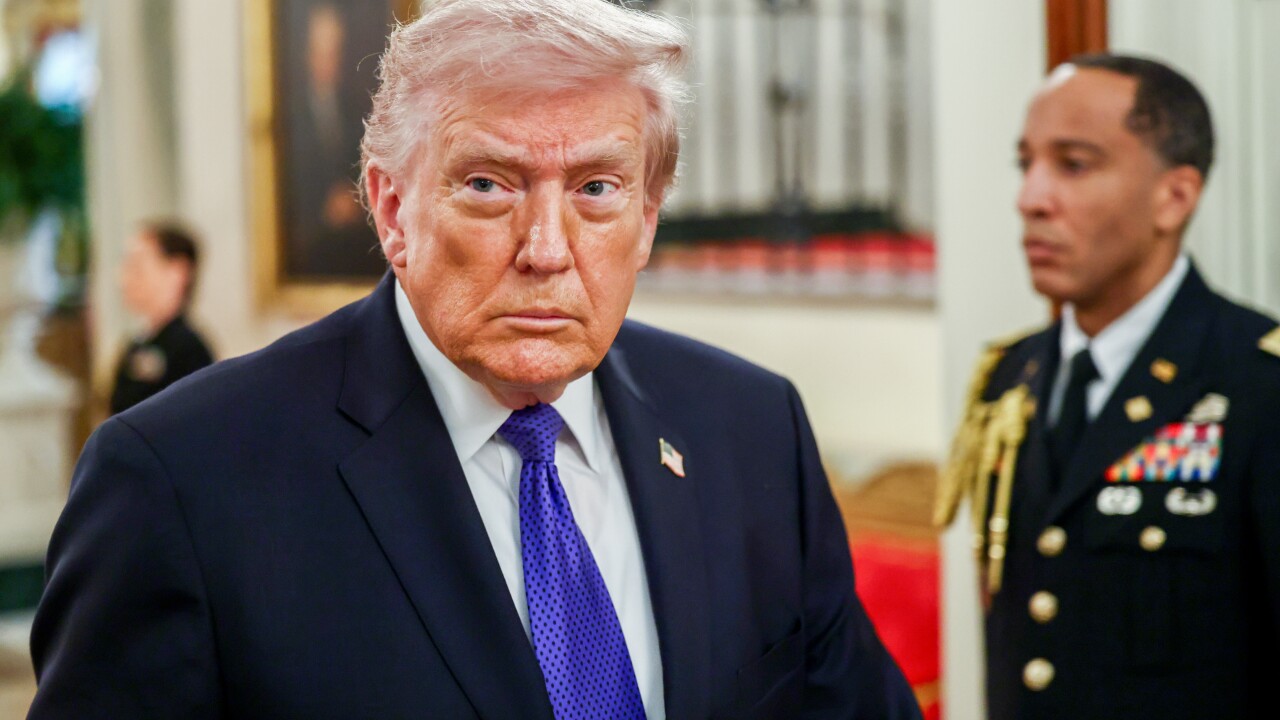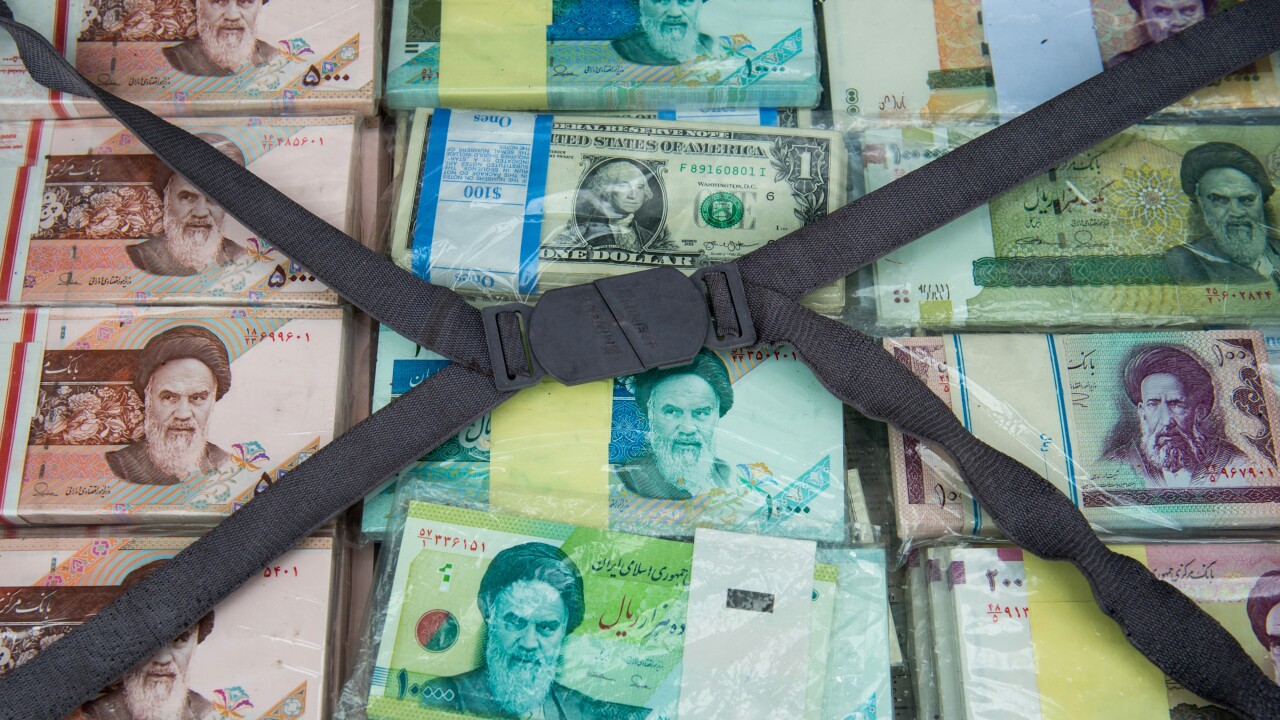Five months on, the public understands less about what happened to MF Global than it did on Nov. 1, the day after the holding company filed for bankruptcy.
That morning, the Commodity Futures Trading Commission and the Securities and Exchange Commission issued a joint statement explaining why attempts to sell the broker/dealer had failed: "Possible deficiencies in customer futures segregated accounts held at the firm."
Since then we've been treated to hundreds of stories, many contradicting each other, about where the money might be, who might have moved it there, and who may or may not be responsible for losing it. I've lost patience with trying to keep all the excuses straight.
All parties have practiced misdirection. The trustees, the regulators, and the investigators from the FBI and U.S. Attorney's office dole out anonymous updates to reporters with the goal, I suppose, of attracting more information, buying time, or preparing customers for the worst.
There is one thing we know for sure. Some banks must know where the missing customer funds are.
Otherwise why would they be so sure that customer claims will be paid in full and paid soon that they're bidding as much as 90% of face value for the claims?
"These banks are so confident that they’re buying the claims for their own account, not resale," says Barry Slotnick, a white-collar defense lawyer and a partner at Buchanan Ingersoll & Rooney PC who's not involved in the case.
I think the banks know something the rest of us don't know. They certainly have windows on the situation not available to the general public.
Barclays, for example, is audited by PricewaterhouseCoopers, which happens to have been MF Global’s auditor. The British bank is also no stranger to the problem of keeping customer assets secure. The U.K.
Credit Suisse, meanwhile, is audited by KPMG, the professional services firm that is also running the MF Global bankruptcy in the U.K., Canada and Singapore.
Deutsche Bank is a creditor in the MF Global Chapter 11 proceedings due to its role as the indenture trustee for four different bond issues. Next to JPMorgan Chase, Deutsche Bank is the most important non-customer creditor of MF Global. As a member of the creditors committee, Deutsche is privy to information customers do not have.
Asymmetrical information to one side, what in blazes is RBS doing in this picture? It's a bit odd for a bailed-out bank still owned by the U.K. government to be buying distressed assets in a bankruptcy case with so many uncertainties, don't you think?
Slotnick is also convinced there will be no criminal charges brought against any MF Global executives. Unfortunately, I am beginning to think he's right. The chance to collect criminal evidence may have come and gone.
Note that MF Global chief operating officer Barry Abelow filed a Chapter 11 bankruptcy petition for the holding company on Oct. 31, 2011, not a Chapter 7. Chapter 11 allows the debtor's previous management, in this case represented by Abelow, General Counsel Laurie Ferber and chief financial officer Henri Steenkamp, to remain in charge. No one should have been surprised that Trustee Freeh wants to pay Abelow, Ferber and Steenkamp bonuses in gratitude for all of their help on the case.
The courts left the inmates in charge of the asylum for almost a month before Freeh was appointed MF Global holding company trustee. James Giddens, trustee for the MF Global broker/dealer liquidation proceeding under the Securities Investor Protection Act, had his hands full and no time to keep an eye on whether executives who were in charge when the money went missing were now covering their tracks. No one should be surprised that the criminal prosecution trail may have gone cold. By the time anyone started down the path looking for culpable parties, the roadblocks were up and the signposts probably gone.
Some customers may hold out for a 92% or 95% payout from the trustee. But one customer won't even settle for that.
Stanley Haar, who manages his own and customers' money at Haar Capital Management, says, "I'm not taking less than 100%. It's a matter of principle. We're talking about the integrity of the markets. Settling doesn’t serve as a deterrent."
Francine McKenna writes the blog





